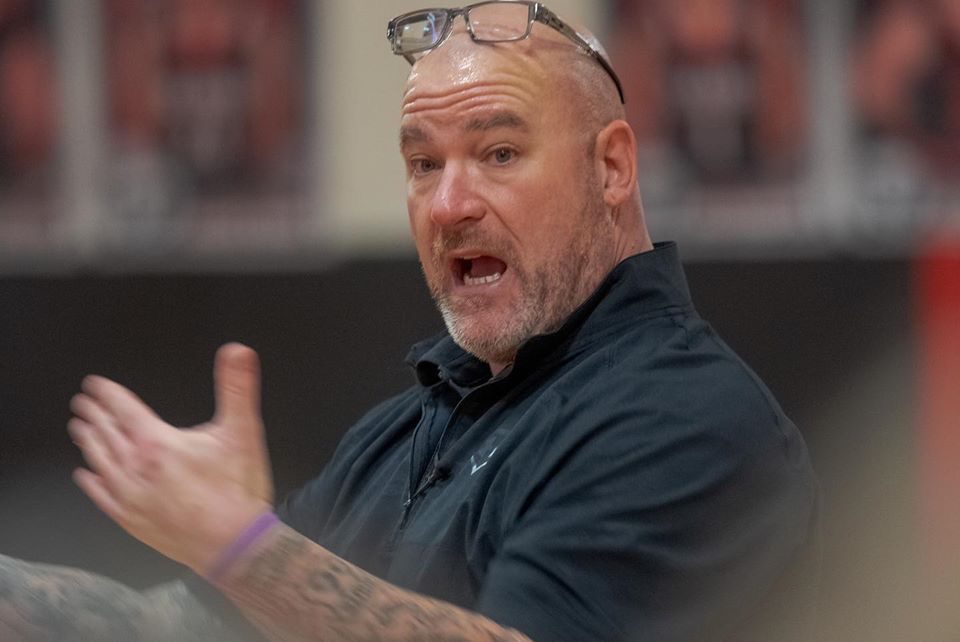High School Student Suicide 48 Hours Before My Visit

On December 14, 2022, I was invited to speak at South Newton High School in Indiana. 48 hours prior to my visit a high school junior had made that forever decision. He committed suicide. Just 48 hours prior to me visiting the school. It was a late Sunday night that he took his life. The […]
Why Teens Need a Mental Health Life Coach
Your teen needs a Teen Life Coach and a Mental Health Life Coach for support and encouragement and Jeff has been that trusted teen life coach for many years.
Inspiring Conversations: Ep.1 – Bobby Petrocelli
Today’s inspiring conversation is with Bobby Petrocelli the author of YOU MATTER . . . IT DOESN’T.
Teen Suicide Behaviors and Responding in a Crisis
“Teen Suicide Behaviors and Responding in a Crisis” is written by Jeff Yalden and provided for school communities to help save lives and teach mental health in our schools. Teen Suicide is an epidemic today concerning school communities. Know suicidal behavior and warning signs of suicidal ideation and how to respond in the event of […]
Positivity at Riverton Parke Jr. Sr. High School
High School Motivational Speaker video goes viral: 11000 Views in 30 Hours It was still dark at 7:45 in the morning on January 26, 2017, when Jeff Yalden was on his way to speak at Riverton Parke Junior-Senior High School in Montezuma, Indiana – just north of Terre Haute. Yalden said he woke up slightly […]
A Change Is in Order
A Change Is in Order Nothing changes until you change. While the difficult takes time, the seemingly impossible just takes a little longer. Today marks one year since the day that my dad knocked on my door about midnight in early August and told me to get up. He and my mom were worried about […]
Wanting for our Children – To Become The Best or To Want The Best
I HAD heard about all of the dying, about all of the grief, and still I didn’t immediately understand what I was seeing when, at a railroad crossing here, I spotted a man in a blaring orange vest, the kind that road crews and public-safety workers wear. He wasn’t carrying any equipment. He wasn’t engaged […]
Mental Health of Teenagers: Danger Signs
Adolescence is not easy. It affects not only the teenager but also parents. The former undergoes many changes, including sexual, physical, hormonal, emotional, intellectual, and social – the combined pressures of all these changes can often become overwhelming for them and may lead to a number of mental health issues. Mental health problems are a […]
Texting Acronyms for Parents of Teens
Parents – Don’t be fooled by the following acronyms your teens are using as they text their friends. Here is a short list of the ever changing world of technology. For Teens and Internet, please follow: Kim Komando. Warning: Can be shocking to some! Your kid has something to hide CD9: Short for “Code 9,” […]

